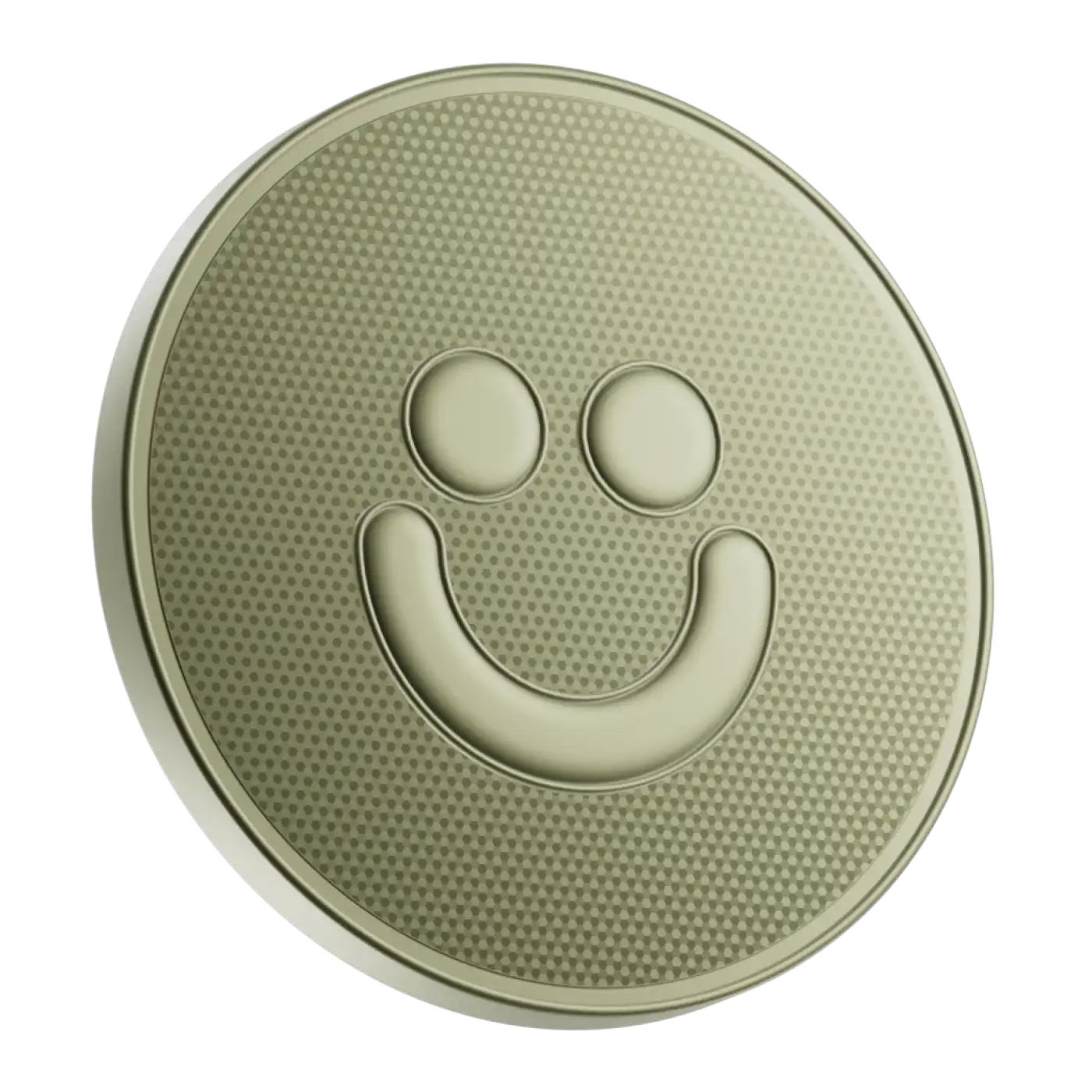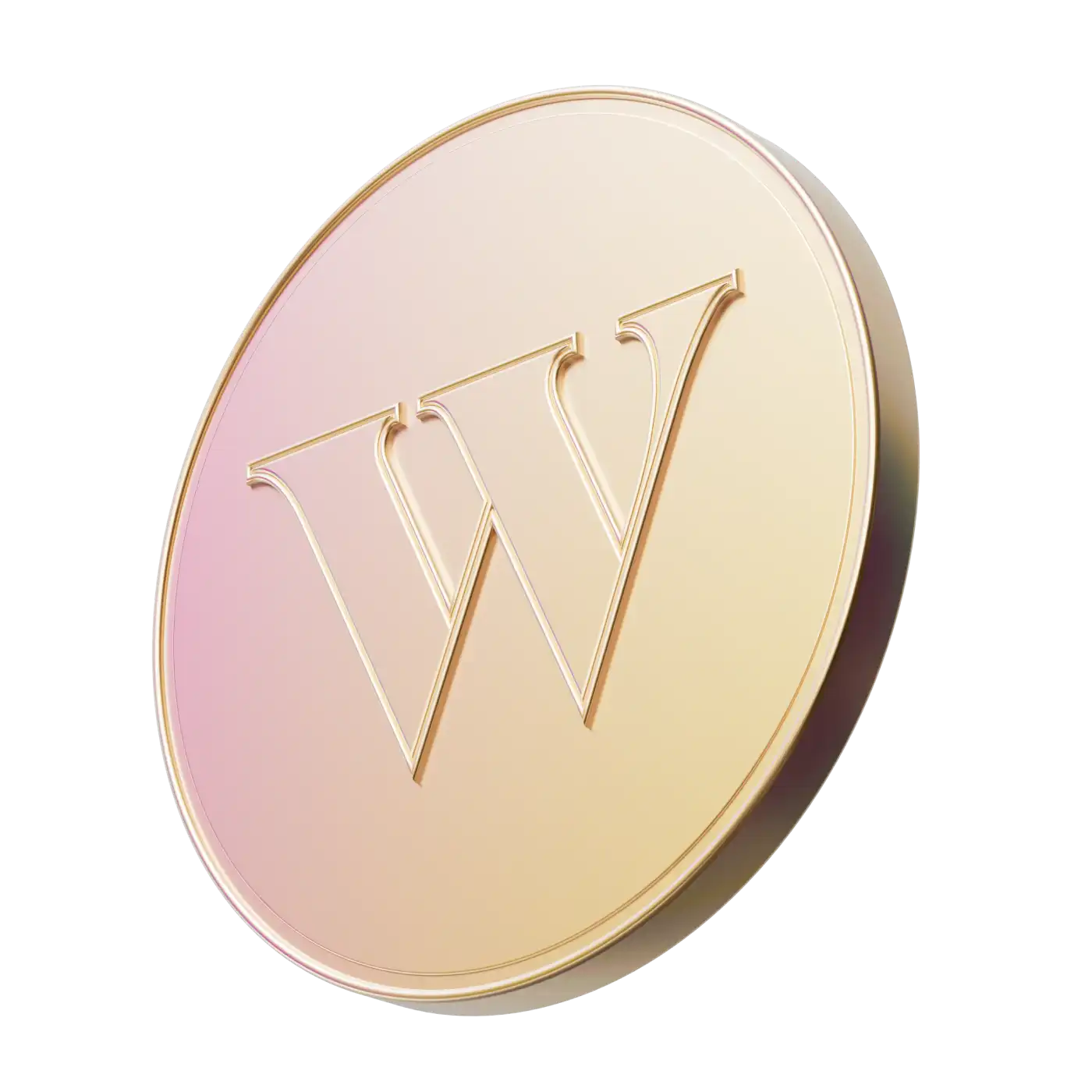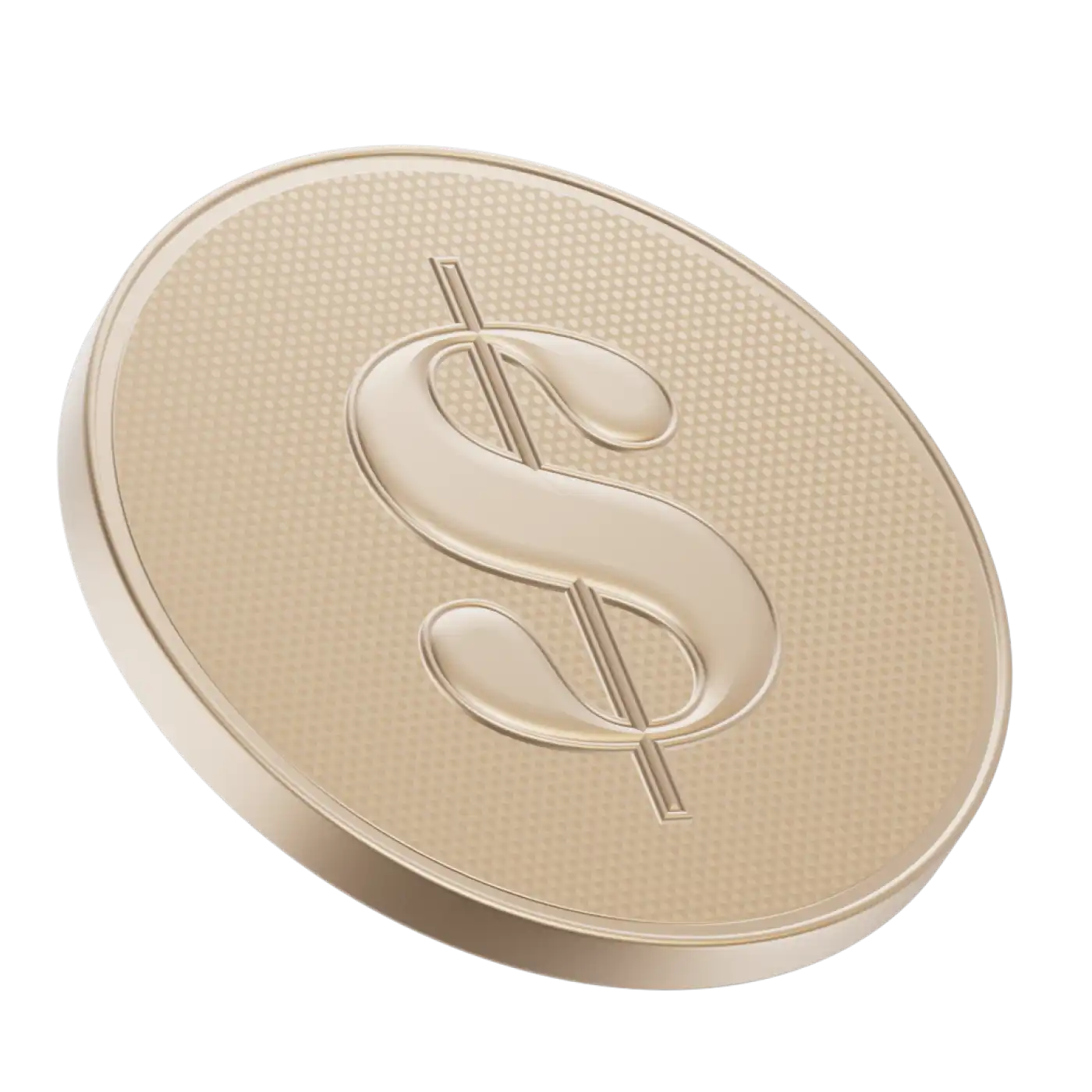The Home Buyers’ Plan (HBP) is a program through the Canada Revenue Agency (CRA) that allows eligible first-time homebuyers to withdraw up to $60,000 tax-free from their Registered Retirement Savings Plan (RRSP), to be used toward a down payment on the purchase of a home.
You can take advantage of the tax deductions that RRSP contributions provide while saving for a down payment on your home. Then, you can withdraw the funds tax-free and use them toward a home.
There’s a little catch, however: you’ll need to pay the money back at a later date.
How does the RRSP Home Buyers’ Plan work?
The first step is contributing to an RRSP. Next, you’ll need to meet some criteria to qualify for the HBP. Here are the basic criteria:
You must be a Canadian resident.
Generally, you have to be a first-time buyer or meet one of the exceptions (more on that below). If you already own a home, you’re not eligible for the HBP. To ensure no one tries to cheat the system, you’ll need proof that you’re actually building or buying a home. There’s one exception to the rule, however: you can use the HBP if you’re helping a disabled relative purchase their primary home. (A person with a disability refers to someone who is entitled to a disability amount and has a Disability Certificate T2201 on file with CRA.)
If you’ve already participated in the HBP in the past, you need to have a zero balance on that account before participating for the second time.
You must intend to occupy the qualifying home as your principal place of residence within one year of buying or building it.
How to withdraw RRSP funds under the Home Buyers' Plan
To withdraw funds tax-free as part of the HBP you need to fill out form T1036. This is quite descriptively called the “Home Buyers’ Plan (HBP) Request to Withdraw Funds from a RRSP.” You should submit this form to your financial institution to let them know your intention to withdraw funds. It’s not possible to withdraw the money from your RRSP and then claim it was part of the HBP, so make sure to do it the right way. It’s possible to make multiple withdrawals under the HBP in the same year, provided you don’t exceed the $60,000 limit.
Naturally enough, you can only take money from accounts in your name. For example, a contributor can’t withdraw from a spousal account because the account is in the spouse’s name. You’re in luck if your spouse also qualifies as a first-time homebuyer — they can withdraw from accounts in their name to a maximum of $60,000. This means if you’re a couple who are both first-time homebuyers, you can withdraw up to $120,000 from your RRSPs.
If you were thinking of ramping up your contributions right before you apply for the HBP, think again. Contributions made within 90 days of the withdrawal are not eligible for withdrawal. You also need to use the money on your new home within 30 days of closing/taking ownership, so make sure not to apply too early.
RRSP Home Buyers' Plan repayment
The money you withdraw from your RRSP under the HBP eventually needs to be repaid. Repayment requirements begin in the second year after the HBP withdrawal was completed. Think of the HBP as a kind of loan, but without interest. Participants must repay 1/15th per year, and all of the funds withdrawn must be repaid within 15 years.
The CRA will send you an HBP account statement with the total amount owing and the minimum payment due. Your HBP account balance is also shown on your Notice of Assessment and your MyAccount information with the CRA. Can't find those things either? You can also contact CRA at 1-800-959-8281 to inquire about your balance.
You’ll need to report the repayment on Schedule 7 and submit it with your T-1 General Income Tax Return. You must make the annual minimum payment, but you are also welcome to make further repayments in order to reduce it quicker.
Contributions made to repay your HBP balance do not affect your contribution room. You are not able to use the RRSP tax deduction for RRSP contributions made to repay your HBP loan. RRSP contribution receipts will be offset by the amount declared on Schedule 7 as an HBP repayment. You also need to ensure that you are designating RRSP contributions as repayments of the HBP loan, rather than regular contributions to your RRSP. Many Canadians fail to do this and, as a result, default on their HBP.
RRSP Home Buyers' Plan Rules
The first-time home buyer rule
You are considered a first-time home buyer if you have never purchased a home. If you live in the home your spouse purchased, you would not be considered a first-time homebuyer.
The four-year rule
You can become eligible for the HBP if you do not own a home or live in a home purchased by your spouse for four calendar years. For example, if you and your spouse split up (or you sell your home) and you move to an apartment, you would be eligible to participate in the HBP four calendar years after you move out of the house. Any previous HBP balance must be paid in full before you can participate a second time.
Qualifying for the Home Buyers’ Plan after relationship breakdown
You may qualify to participate in the HBP if:
You are separated from your spouse or partner
You have lived separate and apart for at least 90 days prior to the date of the withdrawal
You began living separate and apart in the year of the withdrawal, or the prior four calendar years
If the individual participating in the HBP owns a home that was their principal residence at the time of the withdrawal
The home they own is a different dwelling than the one they intend to purchase with the HBP funds, and they either sell or terminate their right to the principal residence to their former spouse no later than the end of the second calendar year after the year of the withdrawal, or
The participating individual acquires the interest or right of the other spouse in the home that was the matrimonial home, no earlier than 30 days before the withdrawal and no later than September 30th of the year following the withdrawal; and
If the participating individual has a new spouse at the time of the withdrawal, the new spouse cannot own or occupy a dwelling that is the participating individual’s primary residence
Rules around cancelling the Home Buyers' Plan
You may have to cancel your participation in the HBP for the following reasons:
You or the related person with a disability were unable to buy or build a qualifying home by October 1 of the year following the date of withdrawal. A related person includes someone related to you by blood, marriage, common-law relationship, or adoption. They do not have to live with you in the same home.
You became a non-resident of Canada before you or the related person with a disability completed the purchase/build of a qualifying home.
In order to cancel the HBP, you must complete form “RC471 Home Buyers’ Plan (HBP) Cancellation” and include a letter of explanation and a receipt for the re-deposit of funds. You can deposit the funds into an RRSP in your name. HBP repayment does not count as a contribution for tax purposes. If you choose not to repay the full amount you withdrew, any funds that are not re-deposited will be treated as a normal RRSP withdrawal, must be declared as income, and will be subject to your marginal tax rate. Cancellation repayment must be made by December 31 of the year after you made the withdrawal.
Rules around purchasing a different home or where occupancy is delayed
The CRA will consider the replacement home if you still meet the eligibility requirements for the program. You must notify the CRA of the replacement property, which must meet all the same conditions. Include your name, address, social insurance number, and address of the replacement property. You must also state that you intend for the replacement property to be your principal place of residence within one year after you buy or build it. If you buy that property before October 1 of the second year after the year of the withdrawal, it will be considered a qualifying home.
Send your notification of delay to:
Sudbury Tax Centre Pension Workflow Section P.O Box 20000, Station A Sudbury ON P3A 5C1
Winnipeg Tax Centre Pension Workflow Section P.O Box 14000, Station Main Winnipeg MB R3C 3M2
If you are building a home and the closing is delayed, CRA will consider your occupancy delayed if you can show that you paid contractors or suppliers (as long as it is arm’s length — if it’s the family business, you won’t qualify) for materials toward the construction of a home after the date of your withdrawal, and before October 1st of the year after you withdrew the funds that were at least equal to the total of all HBP withdrawals you made.
RRSP Home Buyers' Plan for second home
The HBP is intended for the purchase or construction of your primary residence, or the primary residence of a related person with a disability. You cannot use the HBP for a second home or rental property. If you previously owned a home, you would have to meet eligibility criteria, follow the four-year rule, and have paid back any previous HBP balance before you could use the program again.


